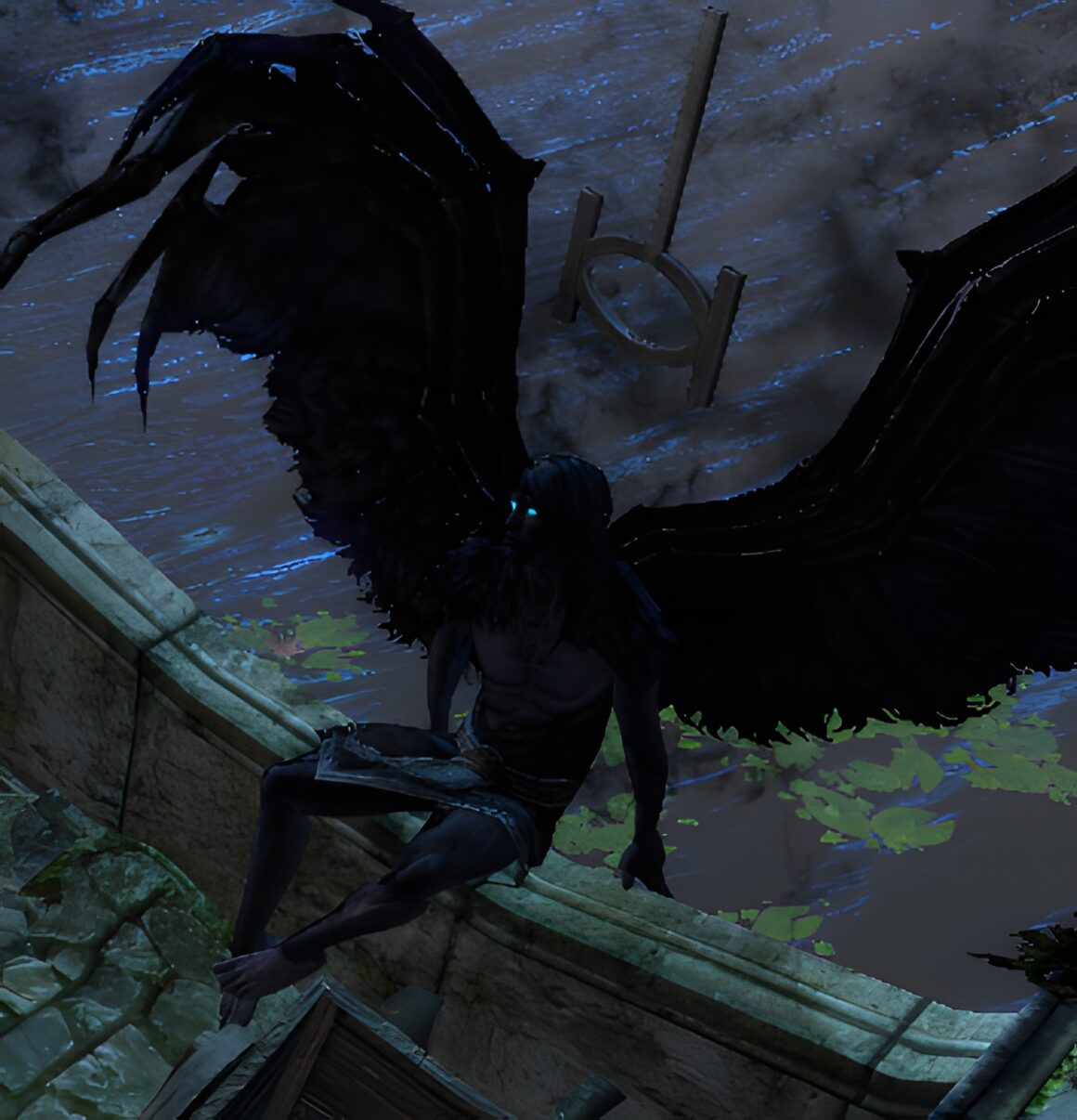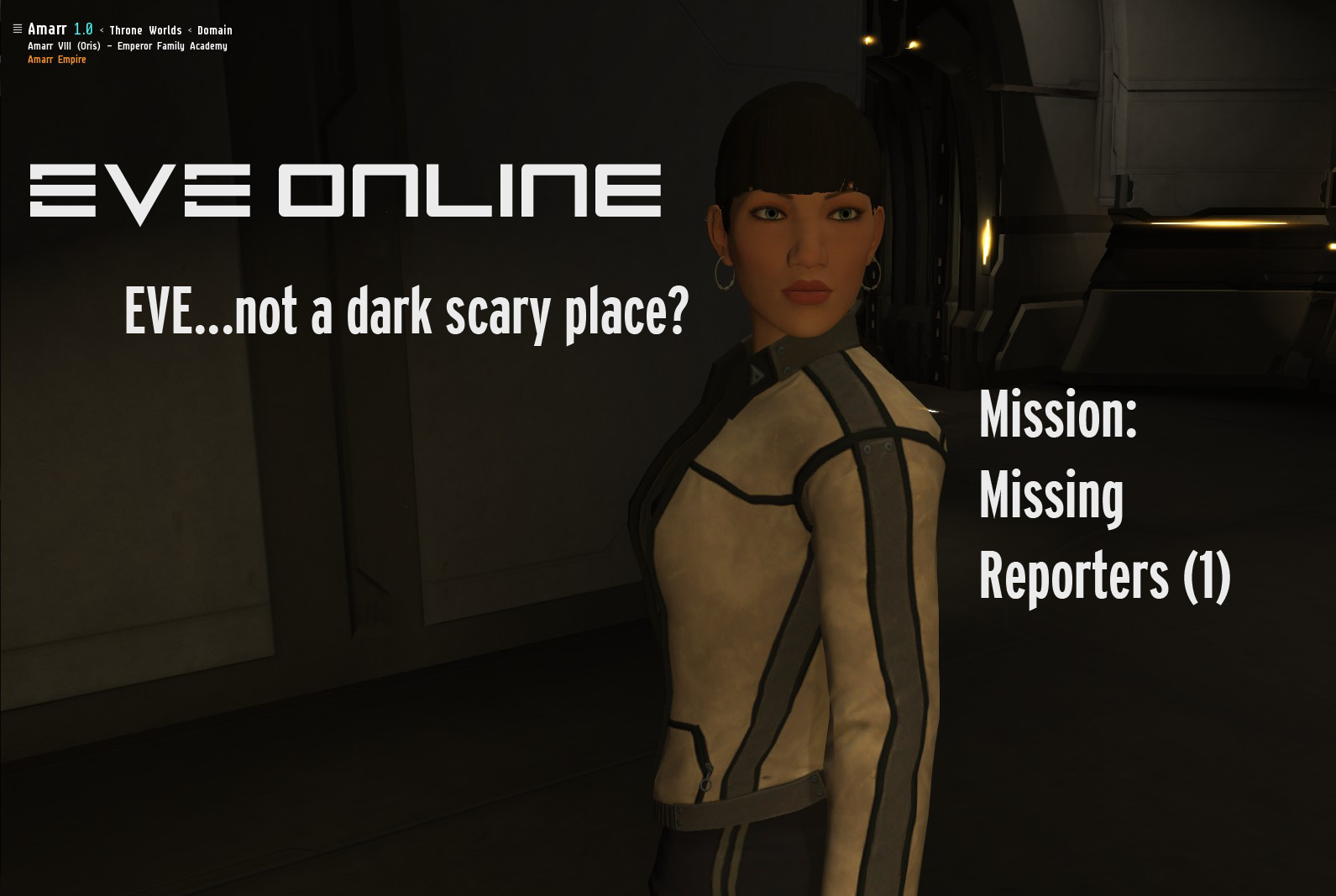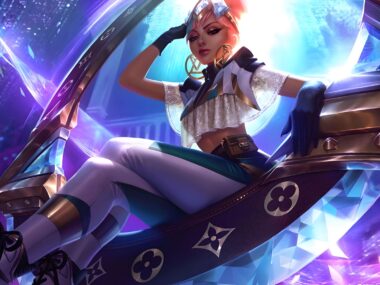Sin’s story is one of the most misunderstood arcs in Path of Exile. People often frame him as the reckless brother, the curious experimenter who toppled the world, or the flawed half of a divine duo. For years, the idea that he and Innocence were literal blood brothers shaped how players interpreted everything that happened between them.
That idea was never real. It was a myth. A deliberate story crafted to humanize divinity and give the world a clean explanation for the rise of purity and corruption.
Once you dig into the lore and the Forbidden Sanctum revelations, you begin to understand why Sin never corrected the lie. The truth is bigger than a simple oversight. It is a truth wrapped in fear, guilt, and the desire to protect a world that was already breaking.
Sin stayed silent because he believed the truth would destroy what little stability people had left.
The Lie That Defined a Religion
For most of Path of Exile, the world believed that Sin and Innocence were born from the same mortal parents. Two human brothers. One who fell. One who rose. A perfect cautionary tale.
The Church loved this story. It made Innocence accessible. It made Sin understandable. It gave Oriath a myth they could teach to children and a narrative they could wield against dissent.
The truth is that Sin was never human. He was never someone’s son. He was created from the essence of humanity itself, shaped by every flaw, curiosity, indulgence, fear, and desire that mortals carry within them. Innocence rose from the opposite side of that spectrum. Discipline. Order. Moral certainty. A reaction to humanity’s fear of its own impulses.
Their brotherhood was symbolic. Not literal.
But the world did not want symbolism. It wanted a story that felt clean.
And Sin let them have it.
Sin’s Shame Runs Deeper Than People Realize
Sin is not a villain. He is not a monster. He is a being who carries an uncomfortable understanding of what his curiosity unleashed.
His experiments with corruption reshaped the world. His influence haunted humanity. His fall forced Innocence into a position he was never ready for. As Sin watched Innocence build a harsh, fear-driven doctrine to contain the damage, he recognized that he had caused a chain reaction far bigger than he intended.
If the world knew the real truth about his origin, they would trace every cosmic disaster back to him. Every curse. Every torment. Every divine imbalance. Every death at the hands of Innocence’s crusade.
The myth softens the blow. The truth places the weight of the world on his shoulders.
Sin hides the truth because he cannot bear to see the consequences of his own nature reflected back at him.
He Was Protecting Innocence Too
This is the part most players overlook. If Innocence had known the truth from the beginning, he would not have become a judgmental brother trying to correct a sibling’s failures. He would have become a god trying to purge the original flaw in creation.
The truth would have pushed Innocence further into extremism. Further into fear. Further into the destructive pursuit of moral perfection.
Sin understood Innocence better than Innocence understood himself. He knew that Innocence’s entire sense of identity depended on the idea that he came from something pure.
If he learned he was born from the same human essence that created Sin, it would have shattered him.
Silence was the safest option.
The Political Cost of the Truth
Oriath was built on doctrine. Its people believed in laws, order, and the purity of Innocence. The entire power structure rested on the idea that Innocence came from a line of divinity that could be traced back to relatable human origins.
If the truth came out:
- The Church would collapse.
- The political system would fracture.
- The faithful would panic.
- The doctrine of purity would lose meaning.
- Innocence himself would face existential crisis.
Sin’s silence held society together. Not because the society deserved to be protected, but because Sin understood the danger of ripping out its foundations all at once.
He was not saving the Church. He was trying to prevent the fallout from crushing ordinary people who relied on the myth for stability.
The Emotional Core: Sin Was Afraid
Sin feared what the truth would do to Innocence.
- He feared what it would do to humanity.
- He feared what it would reveal about himself.
- He feared that telling the truth would force him to confront all the suffering tied back to his creation.
Sin is the god of flaws, not lies. He believes that if people see what he truly is, they will see nothing but the wreckage left behind him.
So he keeps the truth buried out of fear that the world cannot handle who he really is.
The Forbidden Sanctum Reveals the Reality
The Sanctum relics make it clear that:
- the Church knew the symbolic truth
- Maxarius and early Templars shaped the brother myth
- Innocence accepted the myth without question
- Sin allowed it to spread because the alternative was chaos
- the truth was never lost, only buried
This puts Sin’s silence into perspective. While it was dishonest, it was a long-term act of containment.
The Reunion Changes Everything
By the time players reach the end of Act 10 and witness Sin and Innocence merge, the significance becomes overwhelming.
Innocence forgives a brother he never truly had. Sin asks forgiveness from someone who was never bound to him by blood. They meet not as siblings, but as two halves of humanity forced to confront the truth about themselves.
Their final act is not a family reunion. It is reconciliation between the parts of humanity that fear each other the most.
It only carries that emotional power because Sin kept the truth hidden long enough for them both to grow into who they needed to be.
The Real Answer
So why did Sin hide the truth?
- Because the truth would have broken everything.
- Because the myth was the only thing keeping the world stable.
- Because Innocence needed the story to survive.
- Because humanity needed the illusion to function.
- Because Sin could not face the consequences of revealing what he really was.
- Because he believed silence was kinder than honesty.
Sin stayed quiet because sometimes silence is the only way a fragile world can keep going.
And that silence shaped Wraeclast more than any truth ever could.






